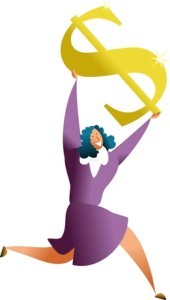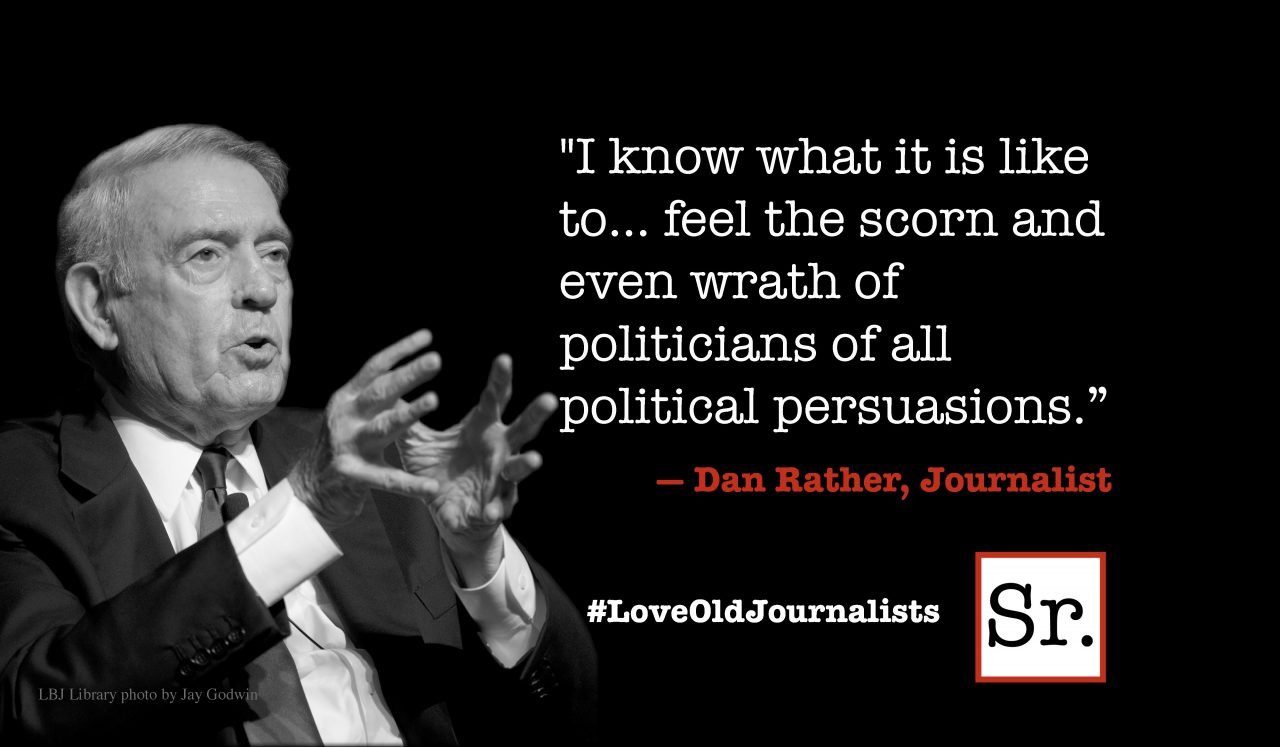Sarah walks into the house and throws her keys down on the table near the door. Coming home feels so gratifying after a productive day in her new leased space, now that she’s outgrown working her start-up business in the little home office off the kitchen.
The mail she picked up on the way in is in her hand. Before anything else, she walks in and puts it in the empty “In Box” on the desk. No anxiety, she’ll take care of any bills on Friday, when she always pays in full whatever’s come in during the week.
What a joy to know she’s not carrying any debt and that any money she’s spending is well within the comfortable spending plan she set up with her bookkeeper.
What a difference from when she used to feel her stomach knot up as she pulled any envelopes out of the mailbox, dreading what bad news they might carry; knowing the balances on the credit card statements were too high. She could barely cover the minimum payments. That was when she was on autopilot. That was before she was shaken to her core and forced to take responsibility for her future and for the actions needed to get there. That was “before the crisis.”
The same financial crisis of 2008 that wreaked havoc with so many people’s lives also brought a Plan B into the lives of many others. Employers unceremoniously dumped many whom were already stuck in unfulfilling jobs. Others who actually liked what they did watched as beloved employers closed the companies’ doors. Still others whose spouses took pay cuts had to find a way to chip in.
As people scurried to find new sources of income in a slow economy, a new wave of entrepreneurialism was born.
The traditional world of self-help was shaken. Row upon row of books in bookstores — that had assumed we were somehow “broken” and needed fixing — were unable to fix what had befallen the economy. No longer would it help to read the rules of “how to succeed” in a world designed and distorted by others, a world we never thought to question or defy. No longer was our only option to change who we were in order to fit the paradigm; the old paradigm was fading.
In its place was an opportunity to reinvent ourselves — and our world — where we might finally define who we really are and find a way to live more on our own terms.
But along with this opportunity came the need for keen self-assessment, massive personal responsibility and relentless self-rule.
Winners and Losers
It’s been five years since our world was shaken by the tsunami of Wall Street and Washington. We can already see clear winners and losers.
The winners are the fat cats of Wall Street who manipulated the flow of funding in order to salvage and then fill their coffers. The winners are the lobbyists, consultants and public servants in Washington who have somehow inflated their incomes to where Washington average salaries far outstrip the average salaries of the American public who they supposedly serve.
And the winners are women like Sarah who carefully assessed their skills and figured out how to build a business around them. Who took massive personal responsibility, sacrificing whatever didn’t move the business forward, for the good of their families and themselves. Who applied relentless self rule to get clear about their personal and business finances in order to build a healthy company.
Personal Responsibility: Steps to Become a Winner
Maybe you’re not one of the Wall Street or Washington winners. Maybe you tried Plan B instead, but are not yet where Sarah is. If so, I know that deep down you know why.
Here are three questions I overheard Dr. Phil mention as part of one of his programs recently. I know they will help you unearth what’s keeping you from succeeding at whatever you have set as your business goal.
Write down your answers to these questions. Then keep adding to them over the course of the next few days. Be honest. Be bold. Be real.
What is it that you are doing that is working?
What do you have to stop doing that is keeping you from reaching your goals?
What do you have to start doing that you’ve been avoiding, but that you know will empower you to reach your goals?
The end of the calendar year is approaching. Look at what’s happened so far this year as a life lesson of what to do, what not to do and what to improve upon.
Then, regardless where you are on your path towards your goals, answer those three questions and be ready to make the coming year the one where your personal responsibility finally pays off in spades.









